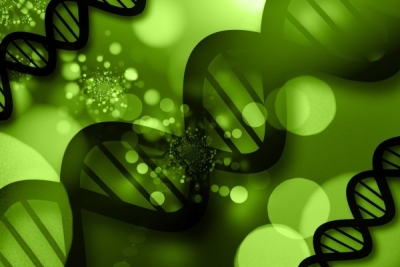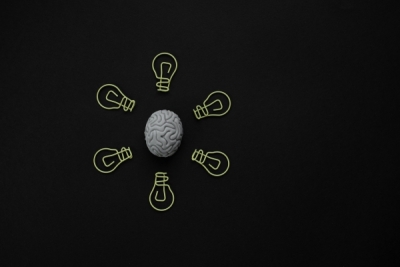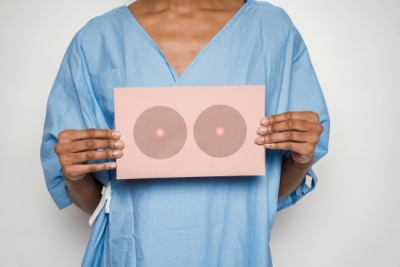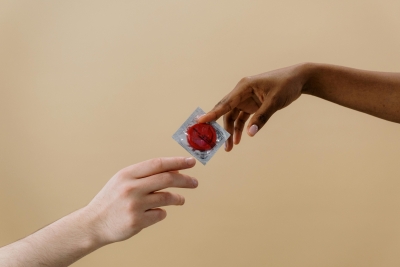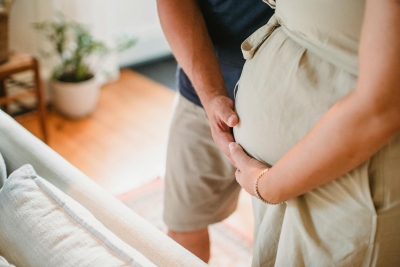Alcohol-related behaviors among Black Americans differ substantially from other racial groups. Research shows that Black Americans aged 18 and older had lower rates of past-year alcohol use (63%) than White Americans (74%)[1]; on the other hand, the frequency of consumption increases at a faster rate among blacks during the transition into adulthood. In addition, black adults also demonstrated higher levels of negative drinking consequences when compared to other racial groups.
Racial discrimination is identified as a potential stressor, which contributes to the emergence of various physical and mental health problems, as well as risk behaviors associated with alcohol consumption. Prejudices due to beliefs, attitudes, institutional arrangements and perceived and/or internalized acts of the black community cause stressful situations for this group, leading many to seek different coping resources, including the use of alcohol.
The situation can be even more delicate for black women. A study, conducted by the NIAAA during the pandemic, between February and November 2020, revealed that, among respondents, the greatest increase in alcohol consumption was among Black and Hispanic women (173% and 148%, respectively) [2] . And these data can be alarming because there is evidence of disparity in gender, race/ethnicity and socioeconomic impacts of excessive alcohol consumption [3]. Furthermore, it is important to point out that women are more likely to use alcohol to deal with stress, depression and anxiety [4].
Depression and socioeconomic discrimination
Although racial discrimination is generally associated with alcohol abuse, research has failed to find a direct association between them, but some recent studies suggest that prejudice is indirectly associated with alcohol abuse through depressive symptoms [5]. In other words, being a victim of prejudice can lead to depression, which in turn can lead to alcohol abuse.
A survey carried out with Black American university students showed that the experiences of racial discrimination suffered by them are associated with an increase in alcohol consumption and problems with alcohol, by means of more depressive symptoms [5].
Depression may be a plausible reason why racial discrimination influences alcohol use outcomes: research shows that prejudice is strongly linked to an increase in mental disorders such as depressive symptoms and the frequency of alcohol use among blacks Americans [5].
Socioeconomic discrimination, such as frustrations, harassment, or feeling degraded because of their social class or economic position, can also be commonly experienced by the black population. Study results suggest that this type of discrimination is a major risk factor for the start of alcohol consumption among young black women [6].
Racial identity as a drinking moderator
Some researchers observed that the dimensions of ethnic-racial identity moderated the association between racial discrimination and alcohol [5]. In other words, higher levels of respect and racial pride may reduce the risk of this group engaging in alcohol use as a way of dealing with the consequences related to experiences of discrimination.
Furthermore, according to other scholars [7], culturally specific interventions aimed at Blacks have been more successful than traditional ones. In this sense, treatment can go further and also help with the emotional consequences of discrimination that may have led to the harmful use of alcohol.
At the same time, investing in programs aimed at prevention, considering psychosocial factors of particular relevance to this group, can be fundamental actions to avoid the consequences of alcohol abuse.




